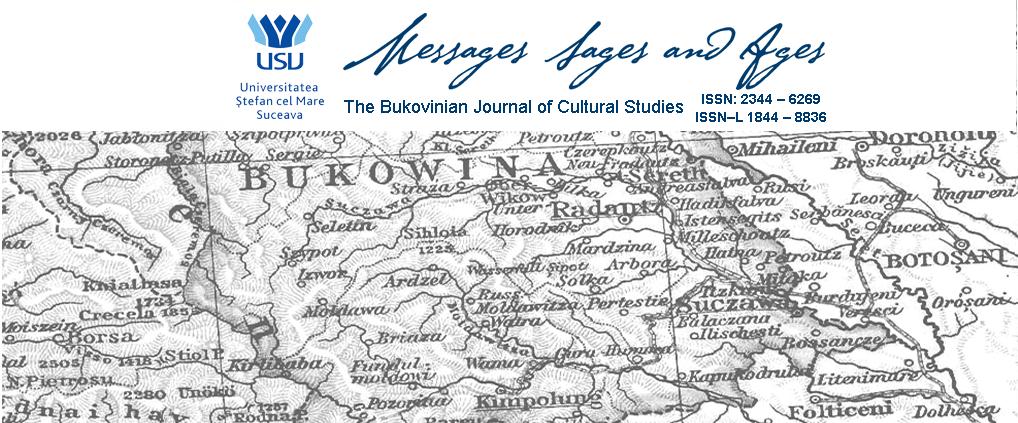This essay reflects on the concept of cryonics as a technology that will in the future enable cryopreserved people to be returned to life when the cure for the disease that killed them is found. The longstanding dream of prolonging human existence, mainly with recourse to cryonics, will be examined through the lens of Don DeLillo’s Zero K (2016), Robert Begam’s courtroom thriller Long Life (2008) and Clifford D. Simak’s Why Call Them Back From Heaven? (1967). The fantasy of cryonics is becoming increasingly visible in contemporary culture, with recent books and films addressing this subject. The utopian, transhumanist vision of a future where much longer life spans will be achievable is a dream that only the wealthy elites can afford, with megacorporations usually exploiting those with less funds but who also wish to undergo cryosuspension for later resurrection. Recent work by a number of bioethicists such as Francesca Minerva (2018), Ole Martin Moen (2015) and David Shaw (2009) on the case for and against cryonics from a bioethical point of view will help shed light on the main thematic concerns these works of speculative fiction engage with, pointing the way to future scenarios that the rapid advancement of biotechnologies will make possible.
Aline Ferreira
Author
Aline Ferreira is an Associate Professor at the University of Aveiro in Portugal where she teaches English Literature and Cultural Studies. She holds a PhD from the University of London (Birkbeck College) on D. H. Lawrence and E. M. Forster. Her main interests comprise the intersections between literature and science, bioethics, feminist utopias and women’s studies. Publications include I Am the Other: Literary Negotiations of Human Cloning (Greenwood Press, 2005) as well as numerous articles in international journals. She is now working on a book provisionally entitled: The Sexual Politics of the Artificial Womb: Fictional and Visual Representations.
